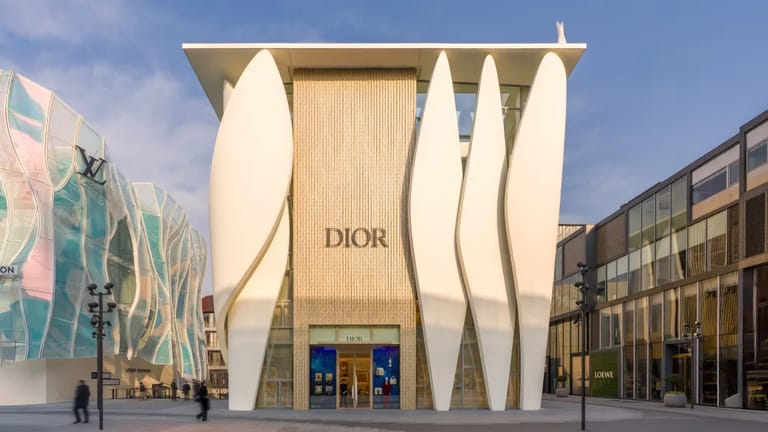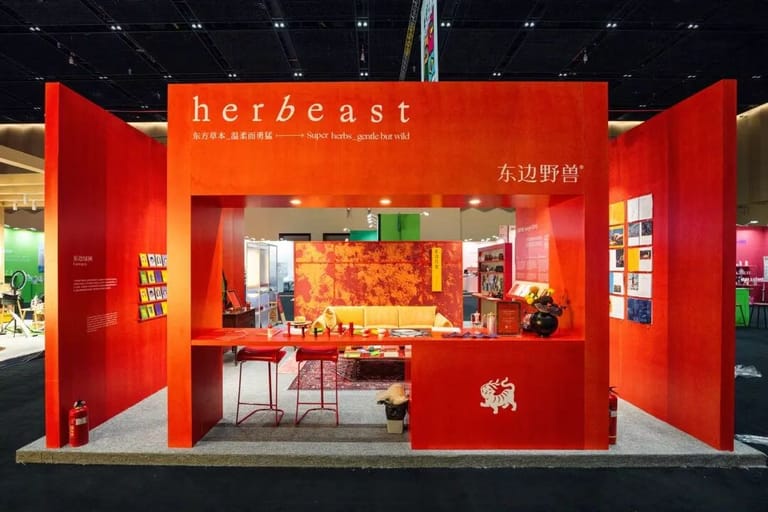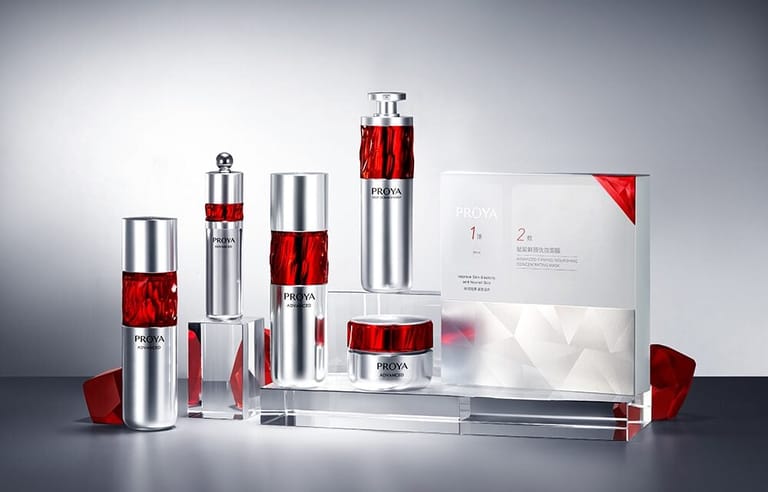Authentic Brands Group Anchors in Shanghai for APAC Growth
By
Wenzhuo Wu
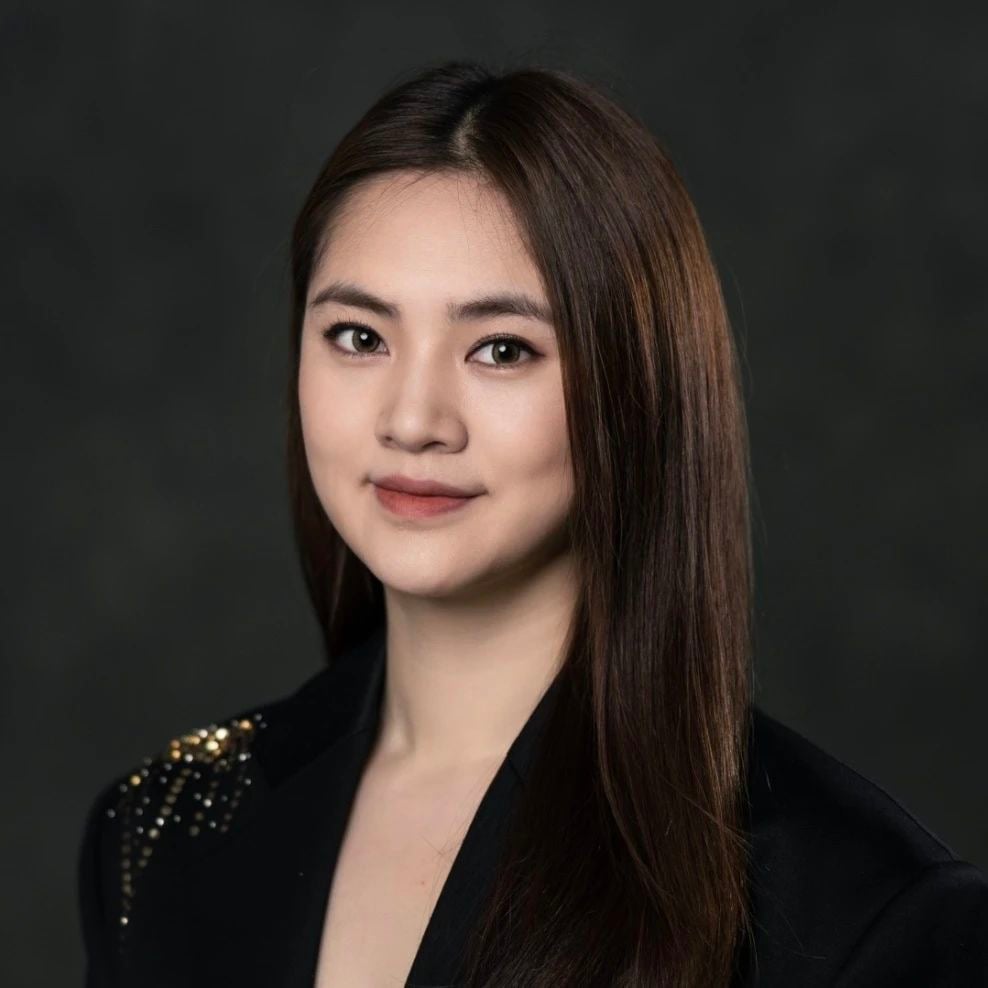
Published on
June 12, 2025

Jingzhi Curates is your daily compass for navigating the dynamic intersections of business, culture, and society. Each installment distills the day’s most pressing issues into thoughtful, actionable insights—perfect for leaders, innovators, and the intellectually curious. Whether a game-changing shift in global markets, a breakthrough in AI, or a cultural trend redefining consumer behavior, Jingzhi Curates delivers clarity in complexity.
Authentic Brands Group, one of the world’s most influential brand development and licensing platforms, officially inaugurated its Asia-Pacific (APAC) headquarters in Shanghai—a move that underscores the growing centrality of China within global consumer brand strategy.
The opening ceremony brought together key leadership from Authentic, including Founder, Chairman & CEO Jamie Salter, President Matt Maddox, APAC President Wesley Chu, EVP & Head of Greater China Josh Perlman, as well as Authentic partner and global icon David Beckham. The presence of the company’s global executive bench in Shanghai signals more than just symbolic commitment; it reflects an operational shift toward long-term investment and localized momentum in China.
With a portfolio spanning over 50 globally recognized names—such as Reebok, David Beckham, Shaquille O’Neal, Sports Illustrated, and Barneys New York—Authentic currently oversees approximately $32 billion in annual retail sales worldwide. Yet despite its scale, the group has consistently emphasized its “Think Global, Act Local” philosophy. The launch of its Shanghai hub, following the establishment of its EMEA headquarters in 2024, demonstrates a deliberate effort to match global ambition with on-the-ground relevance.
The newly unveiled APAC headquarters occupies nearly 2,000 square meters in central Shanghai. The space features five immersive showrooms, a dedicated Style Studio, an executive lounge, and fully integrated departments across brand management, marketing, PR, and licensing development. This infrastructure represents the group’s intent to localize its operations and accelerate growth through real-time responsiveness to regional market demands.
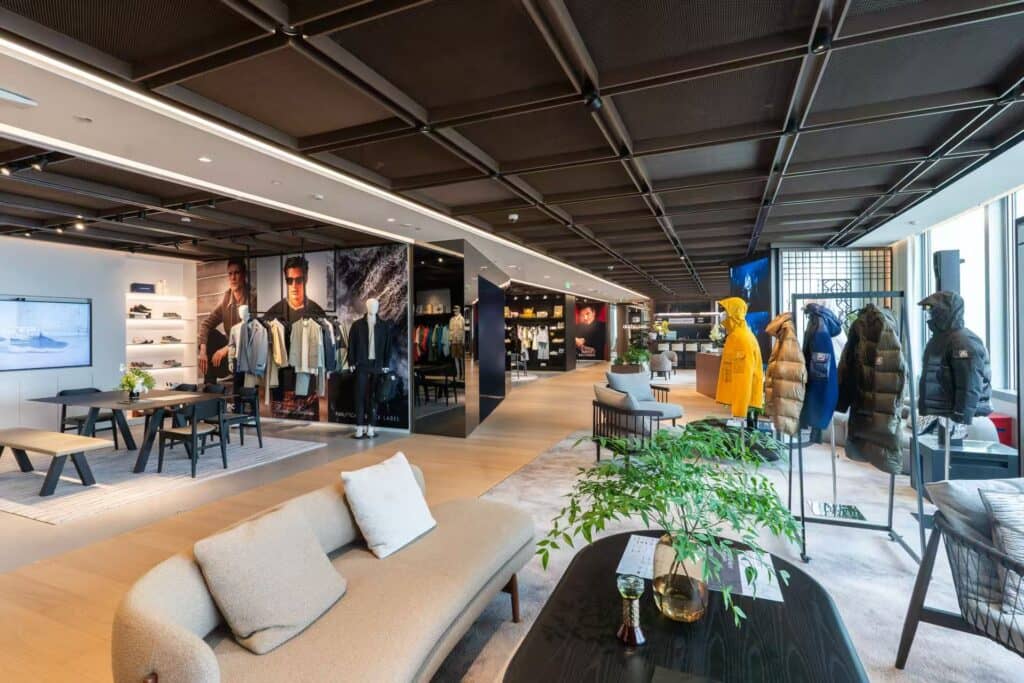
“Shanghai is a dynamic city and the right home for our APAC headquarters, with China presenting great opportunities for growth,” said Salter at the event. “The opening of our Shanghai office reflects our confidence in the region and commitment to building strong, localized partnerships that unlock the full potential of our brands.”
This move lands at a time when international brand platforms are re-evaluating their China strategy—not merely in terms of market presence, but in cultural, operational, and technological fluency. China is no longer just a key consumption engine; it’s a testbed for new brand narratives, digital retail formats, and licensing innovation. For Authentic Brands Group, embedding a permanent, fully functional team in Shanghai reflects a strategic pivot: from brand export to co-creation with Chinese partners and consumers.
The Shanghai headquarters will serve as a launchpad for expanded collaborations in lifestyle, entertainment, and sportswear—segments that resonate strongly with China’s Gen Z and millennial consumers, but are increasingly being redefined by local tastes and social values. With figures like David Beckham already embedded within its portfolio, the company is well-positioned to connect legacy star power with contemporary relevance.
Yet the road ahead is not without challenges. As global brand operators race to localize, Authentic Brands
success in China increasingly hinges not only on physical presence or marquee partnerships, but on cultural literacy, speed, and adaptability. Authentic Brands Group’s brand portfolio is vast, but many of its names—such as Barneys New York or Brooks Brothers carry weight in the West that may not immediately translate to China’s hyper-competitive, digitally native landscape.
To realize its ambitions, Authentic Brands Group will need to go beyond the traditional playbook of licensing and IP monetization. It must invest in content creation, social storytelling, and cross-border co-branding that resonates with a younger Chinese audience attuned to nuance and originality. In this market, global heritage must be balanced with local reinvention. Relevance is earned, not inherited.
Shanghai may be the right launchpad, but the real test for Authentic will be how well it listens, learns, and evolves within China’s ever-accelerating brand culture.
Stay Connected Through Our Weekly Newsletter




